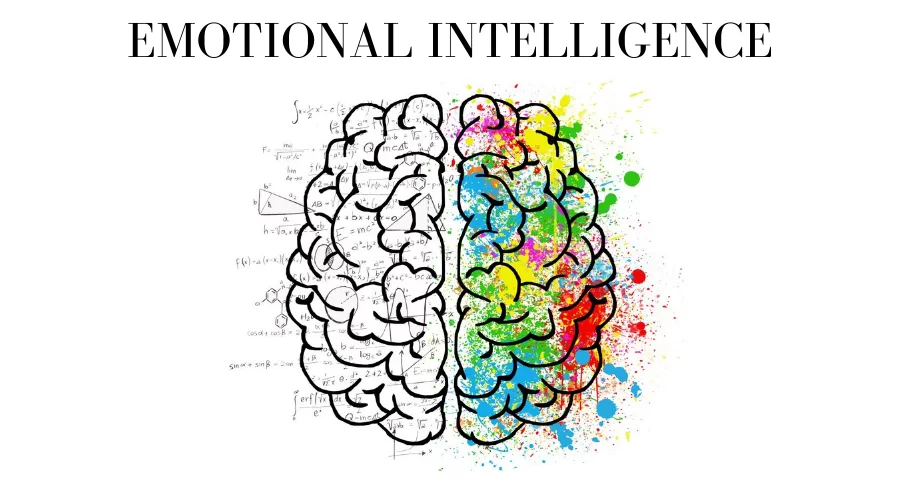Emotional intelligence (EI) is the ability to recognize and understand emotions in yourself and others, and to use this awareness to guide thought and behavior. In the workplace, EI is a critical skill for success, as it helps you navigate complex social dynamics, build strong relationships, and make informed decisions.
Why Emotional Intelligence Matters
- Enhances collaboration and teamwork
- Improves communication and conflict resolution
- Boosts leadership and management effectiveness
- Increases employee engagement and well-being
Developing Emotional Intelligence
- Self-awareness: Recognize your emotions and triggers
- Social awareness: Understand others’ emotions and perspectives
- Self-regulation: Manage your emotions and impulses
- Motivation: Drive and passion for achievement
- Empathy and social skills: Build strong relationships and communicate effectively
Strategies for Applying Emotional Intelligence
- Practice self-reflection and mindfulness
- Use active listening and empathy
- Develop effective conflict resolution skills
- Foster a positive work culture and inclusivity
- Lead by example and encourage EI development in others
By cultivating emotional intelligence, you’ll become a more effective communicator, collaborator, and leader, and help create a positive and productive work environment.



